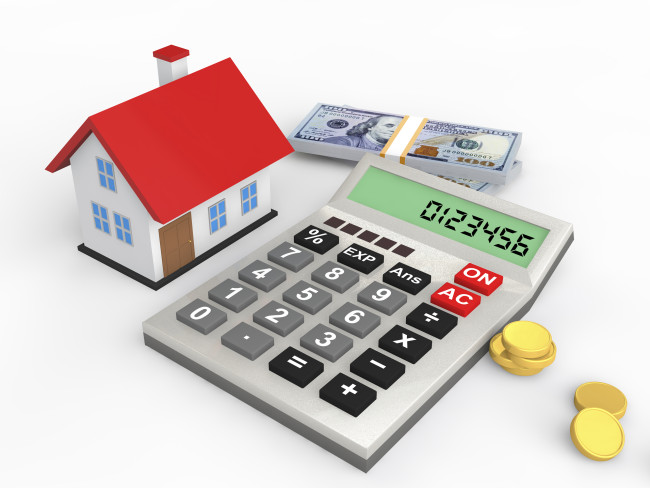Avoid mortgage modification scams—and refinance legitimately—by following these tips
A homeowner in East New York was recently the victim of a mortgage scam, according to a DNAinfo report. The victim transferred her house to her son, who took out a $405,000 loan on it and then defaulted on the payments. Trying to avoid foreclosure, the woman reportedly consulted a man who claimed to be a "mortgage modifier" and said he'd help her reduce her monthly mortgage payments.
Instead, he allegedly kept her money, and the woman ultimately lost $100,000 and her house. The man was indicted on charges of grand larceny and could be sentenced to five to 15 years in prison. For the victim, though, the damage has already been done.
There are, however, legitimate forms of mortgage modification, which helps lenders who can't keep up with their payments by decreasing the interest rate on their mortgage, extending the term of the mortgage, or offering an additional loan, according to Investopedia.
"Generally, when people fall behind on their payments, you can either work it out with the bank, which can happen in many different ways, or you go into foreclosure," says Rolan Shnayder of Citizens Bank.
Some private banks offer home loan modifications to borrowers experiencing financial hardship, as does the federal government. The Department of Housing and Urban Development administers several programs designed to assist borrowers at risk of default and foreclosure, such as the Home Affordable Modification Program, which lowers loan repayments to 31 percent of homeowners' monthly income.
And those who simply need to get out of their situation can opt for a short sale, although, Shnayder points out, this will crater a homeowner's credit.
"If you negotiated a short sale, I can't lend you money for seven years," he says.
It's not surprising, then, that homeowners running out of options are vulnerable to loan modification scams. In the wake of the 2009 financial crisis, thousands of Americans were defrauded by phony modification companies, according to Angie's List. Bankrate writes that homeowners impacted by the recent hurricanes in Texas and Florida may be eligible for legit loan forbearance as they rebuild, but that they, too, may be targeted by con artists.
The best way to avoid a fate similar to the East New York homeowner's is to carefully scrutinize the credentials of anyone who claims to be a loan modifier, and know these red flags that could indicate a scammer. You also, of course, want to avoid getting so far underwater in the first place.
"You made a commitment to the bank, and you owe them money," Shnayder says.
What you can do to be proactive is refinance if you have the opportunity to lower your interest rate, provided that you've been keeping up with your payments so far.
"People refinance their loans all the time to lower their payments or if rates have come down," he says. "But that's a very different from being three years behind on mortgage payments. You're in default on your loan, so why would the next bank want to deal with you?"
You Might Also Like


























